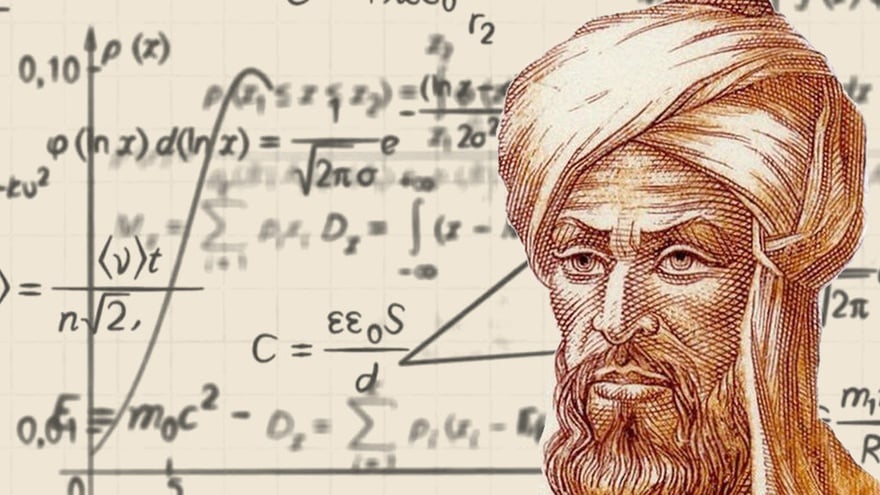 In today’s digital era, nearly every aspect of life depends on technology—from smartphones to artificial intelligence (AI). Yet few realize that the foundation of modern technological development can be traced back to the ideas of a 9th-century Muslim scholar: Al-Khwarizmi. Known as the “Father of Algebra and Algorithms,” his contributions have served as a cornerstone of mathematics and computing for more than 1,200 years.
In today’s digital era, nearly every aspect of life depends on technology—from smartphones to artificial intelligence (AI). Yet few realize that the foundation of modern technological development can be traced back to the ideas of a 9th-century Muslim scholar: Al-Khwarizmi. Known as the “Father of Algebra and Algorithms,” his contributions have served as a cornerstone of mathematics and computing for more than 1,200 years.
One of his greatest legacies is the concept of algebra, which he elaborated in his book Al-Jabr wa al-Muqabalah. This groundbreaking work revolutionized mathematics and laid the foundation for various disciplines, including physics, engineering, and economics. Thanks to algebra, humans can calculate rocket speeds, forecast population growth, and develop secure data systems.
In addition, Al-Khwarizmi introduced the concept of zero and the Hindu-Arabic numeral system (0–9) to the Western world through his book The Book of Addition and Subtraction According to the Hindu Calculation. While zero may seem simple, it is a fundamental element in both mathematics and technology. Without it, the binary system (0 and 1)—which underpins modern computing—would not exist in its current form.
Al-Khwarizmi’s name also lives on in the term “algorithm,” which has become the backbone of digital technology. Every time we use a search engine, social media, or navigation app, algorithms operate behind the scenes. Donald Knuth, a computer science expert from Stanford University, emphasized that algorithms are “an indispensable foundation in the world of computing.” From data encryption to AI development, the systematic concepts pioneered by Al-Khwarizmi continue to drive today’s digital innovations.
His contributions prove that knowledge transcends time and culture. Al-Khwarizmi’s thinking not only transformed his own era but also laid the groundwork for modern civilization. Remembering his legacy reminds us that every great breakthrough begins with a visionary mind—like that of a scholar from Khwarizm who taught the world how to calculate, analyze, and innovate.
References:
Anjum, S. (2018). Al-Khwārizmī’s Contribution to Mathematics. Insight Islamicus, 18, 95–97.
Benaferi, S. (2021). A History and Philosophy of Algebra in Islamic Mathematics with a Focus on the Solution of the Polynomial.
Syed, I. B. (2011). Al-Khwarizmi: The Father of Algebra. Islamic Research Foundation International.
 Keywords: Al-Khwarizmi, Algebra, Algorithm
Keywords: Al-Khwarizmi, Algebra, Algorithm
Author: Iin Nauli Rahmawati
Photo Source: Wikipedia
